Essential Questions to Ask When Evaluating Your Options
Cloud computing is having a fundamental impact on the biotech industry. Tasks that were extremely time consuming or simply not possible even a decade ago can now be performed quickly and efficiently in the Cloud.
Take big data storage and analysis. Amazon Web Service, Microsoft Azure, and Google Cloud – to name just the three biggest – offer storage and Cloud computing services that allow companies to store massive data sets and provide the computing power required to analyze it.
Affordable access to these powerful tools shortens timelines and allows even small companies to perform tasks that, until recently, were limited to deep-pocket companies that could afford to buy the hardware needed.
Cloud computing solutions also transfer the power of selection and implementation into the hands of the functional areas. IT is no longer the rate-limiting step in implementation; cloud pay-to-play solutions can be turned on just as quickly as credit card information can be transmitted.
And there are capital considerations as well. The difference is upfront capital expense (CapEx) in on-prem storage, vs. operational expense (OpEx) for the cloud. Not having to come up with large sums of money immediately is an advantage of the Cloud.
But there is a flip side. In the biotech/biopharma world, compliance with regulatory requirements, such as 21 CFR Part 11, rank high on the list of issues, and Cloud-based systems might not afford the necessary protection. Security is another important consideration. After all, Cloud computing means sharing your company’s sensitive information to a third-party service provider.
Not to mention, the many benefits to on-premise options, including the ability to tailor your environment to meet very specific company needs.
For these reasons, conversations centered on the implementation or better execution of Cloud solutions permeate research and IT teams, especially as the working world shifts toward higher adoption of virtual work and collaboration practices.
If you’re exploring which Cloud vs. on-prem solutions are right for your work and team, consider the following critical considerations before making any moves:
- Business objective. What is the main objective of migrating your business to the cloud, and how will the cloud support your broader R&D or data goals?
- Impact. How will a migration impact your organization’s ability to maintain productivity, and can you afford outages if needed?
- Readiness. Are you prepared to support a cloud infrastructure? What steps must you take now to ensure compatibility between current on-premise deployments and cloud?
- Workflow. What applications make sense to keep on-premise and which would be ripe for the cloud? One size (or in this case, storage strategy) does not fit all.
- Capital. Have you assessed costs, including expenses related to the dedicated human resources necessary to support the migration?
- Time. Have you thought about realistic timelines and possible roadblocks that could increase migration times?
- Risk Mitigation. What are some known risks or cons that may make you, or your organization, hesitant, and how will your CSP support efforts to reduce risk through all phases of your relationship?
- Security. Will your data be secure? What security protocols can you trust your cloud service provider to follow to ensure you realize the many benefits of the cloud without sacrificing security?
- Compliance. Will your cloud service provider meet client compliance?
- Business Continuity and Disaster Recovery. How will your cloud service provider accommodate and plan for the unknown … a requirement we know all too well following COVID-19.
And this list could go on.
The bottom line? As compelling as a complete move into the Cloud may sound, teams need to carefully consider all the many factors before operationalizing a plan. And when in doubt, an experienced Cloud computing expert can be the navigator organizations need to ensure the decisions they make are right for their needs and goals.
You can find more information about how RCH Solutions can help develop your Cloud strategy here.
Looking for support for your AI Initiatives?
RCH Solutions is a global provider of computational science expertise, helping Life Sciences and Healthcare firms of all sizes clear the path to discovery for nearly 30 years. If you’re interesting in learning how RCH can support your goals, get in touch with us here.
An experienced Bio-IT partner can help you determine if AI is right for your project. At RCH, we’ve helped our customers successfully navigate and leverage an evolving technology landscape to best meet their R&D IT needs for nearly three decades. Talk to us about how we can help you, too.




